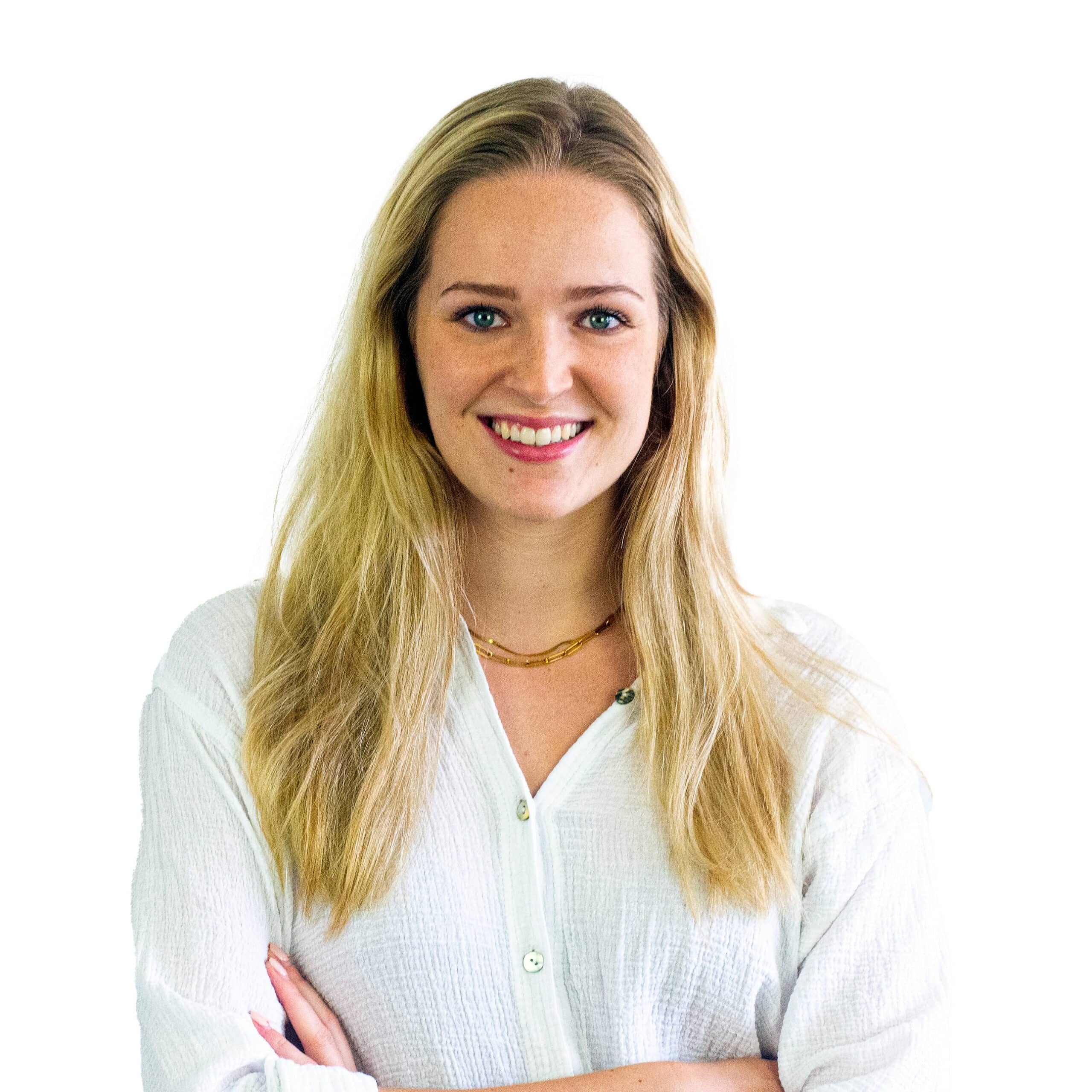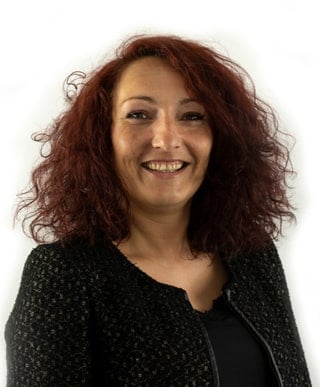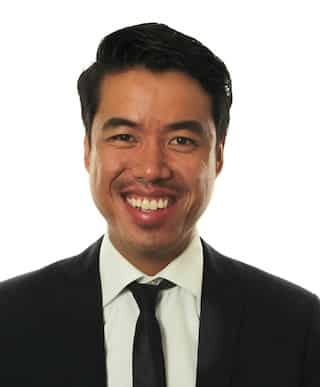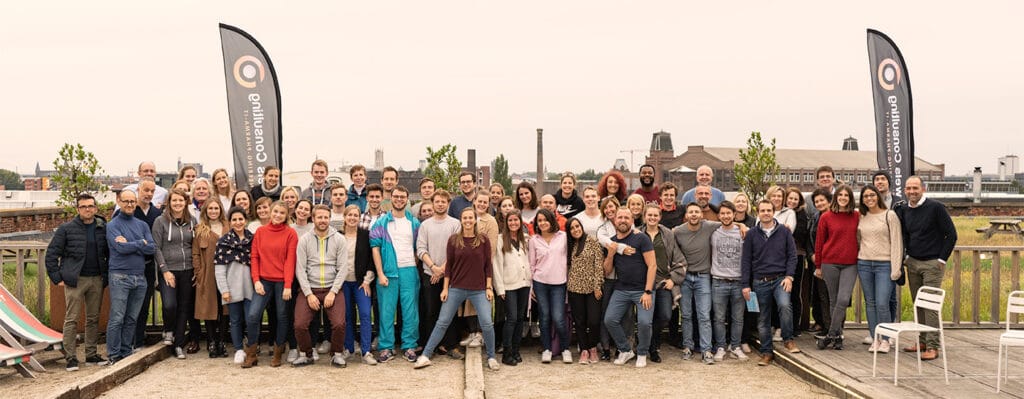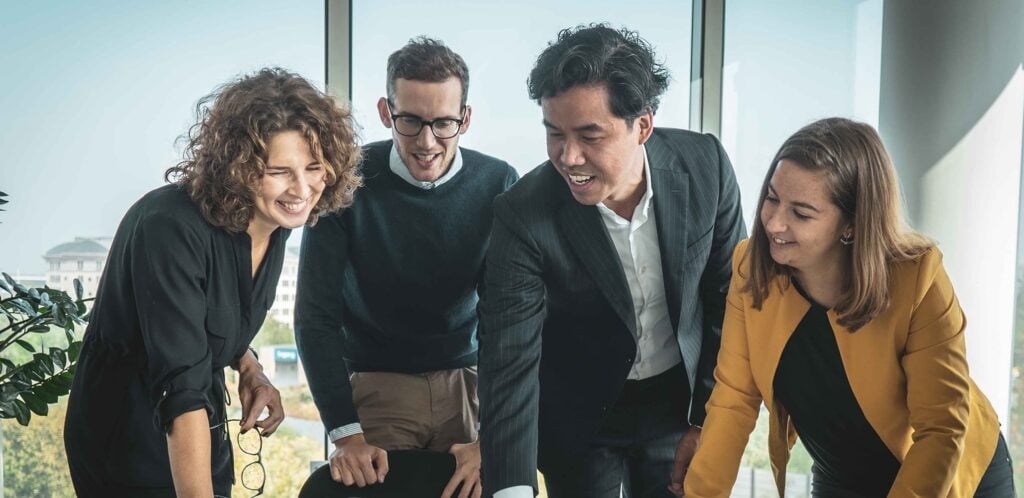Pauwels Blog
Koenraad Goddeau: an engineer with more than one passion
Technical Engineer Koenraad Goddeau has now been a permanent member of the Pauwels Consulting team for nine years. But did you know that he also has a truly fascinating hobby?
We had an interesting conversation with Koenraad about engineering, childhood dreams and zythology, so if you are curious about what zythology is, find out below!
If you are having trouble viewing this video, it may be due to your cookie settings. You can adjust these and temporarily allow cookies via the Cookiebot safety pin at the bottom left.
Hi, Koenraad. Perhaps you can introduce yourself to our readers?
Koenraad Goddeau: Of course. My name is Koenraad Goddeau, I’m 50 years old and I live in Gooik with my partner and three children. I’ve worked for Pauwels Consulting since 2013, and at the moment I’m a Project Engineer.
What does a Project Engineer do exactly?
Koenraad Goddeau: I have a wide range of responsibilities in construction projects, both for new-builds and for conversions: method statements, material takeoffs, tenders, site organisation and site follow-up, safety and so on.
It’s all part of my day-to-day job. I’m also setting up a team that offers supporting engineering activities: the Engineering Technical Services Team.
How did you come to work at Pauwels Consulting?
Koenraad Goddeau: After I got my degree in Electromechanics, I took a one-year specialisation course in Control Theory. After a while I had the opportunity to join an international service team in the nuclear industry. That was a really great experience!
After that, I worked as an international Commissioning Engineer for a company specialising in dust explosion protection. That was also very interesting.
After ten years of travelling, I decided to take on a challenge that was a bit closer to home. And that’s how I entered the exciting world of engineering consulting. I’ve now been a member of the Pauwels Consulting family for nine years.
"At the 2021 World Beer Awards in London, Goyck was awarded best beer in the 'Sour/Wild Ale' category."
You also have another passion besides engineering. What do you do in your spare time?
Koenraad Goddeau:
My hobby is beer brewing. My brewery Toots has marketed three beers already. The first beer is called Toots. It was named after Belgium’s national treasure, jazz musician Toots Thielemans. It’s a beer of high fermentation with a fairly low alcohol content and a subtle citrus aroma, which we achieved through dry hopping with Nelson Sauvin hop from New Zealand.
The second beer, Goyck, is the result of my collaboration with the Lindemans brewery. It’s a 5% blended beer that’s based on both Toots and a smooth Lambic. The last beer, the Belgian AmBassadeur, is a tripel made with green, freshly picked Saaz hop from the Czech Republic, which we brew only once every two years.
How interesting. So how did you become interested in beer brewing?
Koenraad Goddeau: I actually rolled from one hobby into another. (Laughs) About twenty years ago, I opened my own pub. It was my childhood dream, and I really wanted to expand my knowledge about beer. So I took a course in zythology, which is a different name for beerology, to become a beer expert. We brewed the Belgian AmBassadeur Beer as my graduation project. I loved it so much that I signed up for a brewing course.
And it paid off because you won a major award in 2021.
Koenraad Goddeau: That’s right. Goyck was named the best beer in the Sour/Wild Ale category at the World Beer Awards 2021 in London. It was a unique experience that I’m obviously very proud of.
What’s also great is that it’s a collaboration with the Lindemans brewery. Geert Lindemans and I are both from Gooik and he’s a close friend of mine.
Do you have any special brewing plans in the near future?
Koenraad Goddeau: We celebrated what would have been Toots Thielemans’ 100th birthday on 29 April 2022, and we’ve launched a special edition of Toots in collaboration with the Toots Thielemans Private Foundation. We added a photo of Toots to our logo on the label and the foundation is selling the beer at a wide range of events. This autumn, we’re also launching a fourth beer: Saison Robert.
Before we say goodbye, could you tell us where our readers can buy the Toots brewery beers?
Koenraad Goddeau: Firstly, we have our own website and webstore: www.toots.be. Goyck is also available in the Lindemans brewery’s webstore. And of course, you can also find our beers at local specialised beer retailers.
I’m looking forward to tasting them! Thank you for this lovely chat, and good luck with the Toots brewery and your work at Pauwels Consulting, of course.
Would you like to drink a nice glass of Toots, Goyck or Ambassador? Quickly order your favorite at www.toots.be.
Contact us
Do you have any questions for us? Let’s get in touch!
"(Required)" indicates required fields
